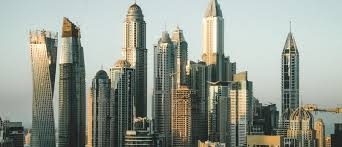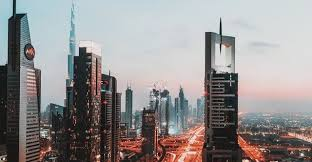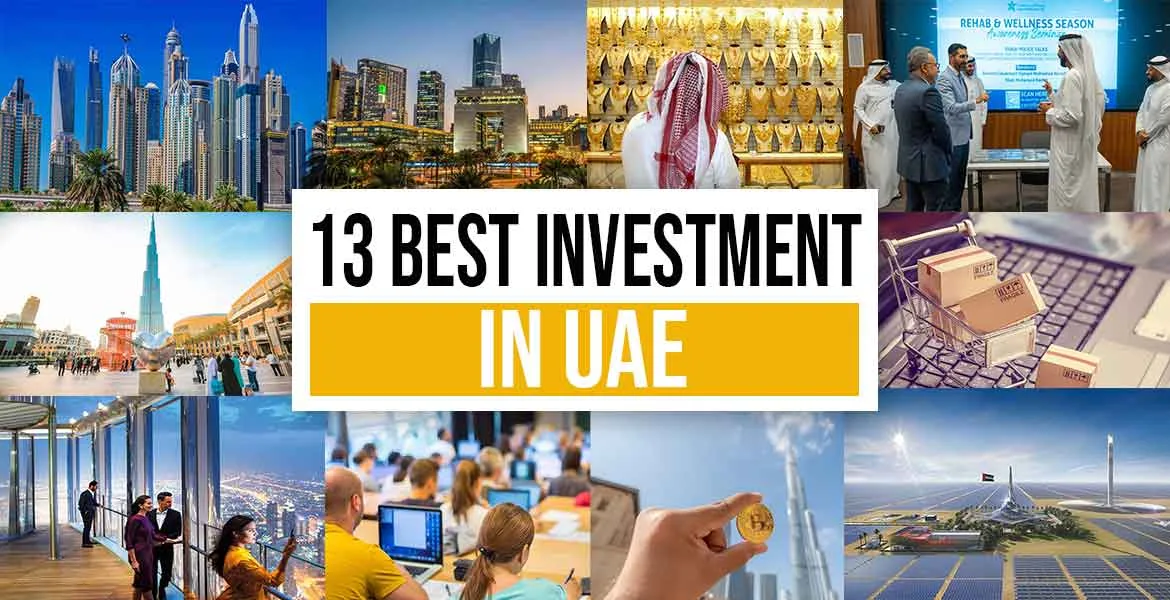Now Reading: “Why Dubai’s Smart Buildings Are Changing How We Live and Work 2025!”
-
01
“Why Dubai’s Smart Buildings Are Changing How We Live and Work 2025!”
“Why Dubai’s Smart Buildings Are Changing How We Live and Work 2025!”

Dubai, one of the world’s fastest-growing cities, is famous for its stunning skyscrapers, luxury hotels, and futuristic designs. But beyond its impressive skyline, another quiet revolution is taking place — the rise of smart buildings. These high-tech structures are changing the way people live, work, and interact with the city, making Dubai a global leader in the future of urban development.
What Are Smart Buildings?

Smart buildings are not just beautiful structures; they are intelligent spaces designed to make life easier, safer, and more comfortable. These buildings use advanced technologies such as sensors, automation, artificial intelligence (AI), and the Internet of Things (IoT) to control lighting, air conditioning, security systems, and even energy usage. In short, smart buildings can “think” and “respond” to the needs of their users in real time.
For example, a smart office building in Dubai can adjust room temperature automatically depending on the weather or the number of people inside. Lights can turn off in empty rooms to save energy, and air filters can clean the air to provide a healthier environment.
Why Dubai Is Investing in Smart Buildings
Dubai has always been a city of innovation. From the world’s tallest building, Burj Khalifa, to driverless metro trains, the city has embraced technology to stay ahead. Now, smart buildings are the next big step in this journey.
There are several reasons why Dubai is focusing on smart buildings:
- Energy Efficiency:
The UAE government has committed to reducing energy consumption and carbon emissions. Smart buildings can help achieve these goals by using less electricity and water. Sensors and automation make sure that resources are not wasted, leading to lower bills and a greener city. - Comfort and Convenience:
Smart buildings make life easier for residents and workers. Imagine entering your office, and the lights, temperature, and even your favorite music playlist are already set perfectly — without touching a button. This is not science fiction; this is already happening in some of Dubai’s newest buildings. - Safety and Security:
These intelligent buildings come with advanced safety features like face recognition, fingerprint access, and smart surveillance cameras. In an emergency, such as a fire, the building can guide people to safe exits using digital signs and alerts. - Data Collection for Better Planning:
Smart buildings gather useful information on how people use spaces. This data helps city planners, engineers, and architects design better buildings and services in the future.
Smart Building Projects in Dubai

Many of Dubai’s new buildings are already showcasing these smart features.
The Museum of the Future, opened in 2022, is not only an architectural wonder but also a smart building. Its systems manage energy use, indoor air quality, and lighting to make the visitor experience as smooth as possible.
Another example is Dubai’s Sustainable City, a community designed to run on clean energy, with solar panels on every building, electric vehicle charging stations, and smart water recycling systems. It’s a perfect example of how technology and green living can work together.
Even traditional business areas like Dubai International Financial Centre (DIFC) are adding smart solutions to make buildings more efficient and user-friendly.
The Economic and Environmental Impact
Smart buildings are not just good for the environment — they make good business sense too. Companies save money on electricity, maintenance, and even cleaning services because many tasks are automated. Employees are more productive because they enjoy comfortable, high-tech workspaces.
For Dubai’s real estate market, smart buildings are becoming a selling point. International companies and wealthy buyers are looking for homes and offices that offer smart features. This demand is driving the growth of the smart building sector, which is expected to be worth billions of dollars in the Middle East in the coming years.
On the environmental side, smart buildings are helping Dubai meet its green targets. The city aims to have net-zero carbon emissions by 2050, and smart technology is a big part of reaching that goal.
Challenges Ahead
Despite the many benefits, there are some challenges to overcome. Building smart systems can be expensive at first, and not all property developers are ready to make the investment. There are also concerns about data privacy and cybersecurity, since smart buildings collect large amounts of personal information.
Dubai’s government is working on policies and standards to ensure that smart buildings are safe, secure, and beneficial for everyone.
The Future of Smart Cities
Smart buildings are just the beginning. Dubai has a bigger plan — to become one of the world’s first fully smart cities. This includes smart roads, public transport, energy grids, and government services.
With projects like Dubai 10X and the Smart Dubai initiative, the city is setting a global example of how to build the cities of the future. In these cities, everything from traffic lights to hospitals will be connected and automated for maximum efficiency and convenience.
Conclusion
Dubai is not only shaping its skyline but also shaping its future. Smart buildings are changing the way people experience urban life, making the city greener, safer, and more enjoyable. While there are still challenges to solve, the progress made so far is impressive.
As more smart buildings rise across Dubai, they will help create a city that is not only beautiful but also intelligent — a true model for the cities of tomorrow.
Read More:- Shobha Realty Launches Its Most Luxurious Project Yet—Full Details Inside 2025






















